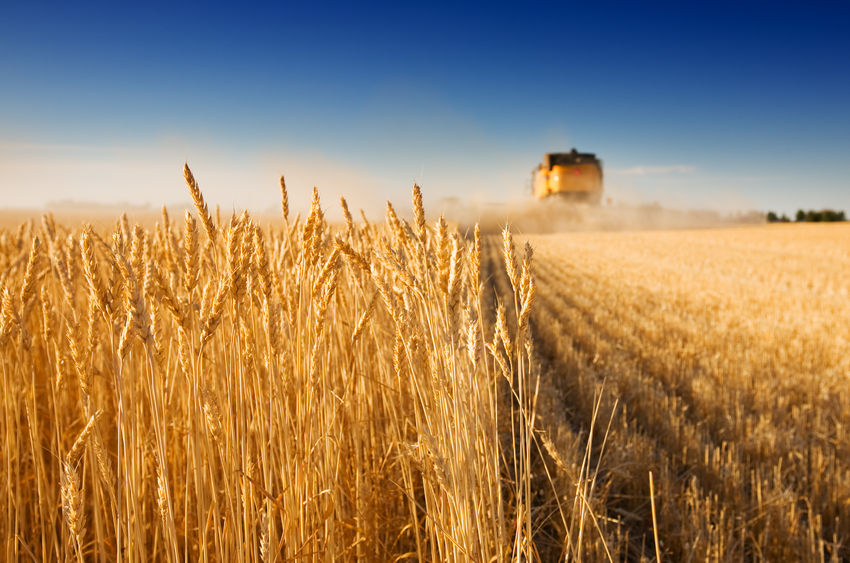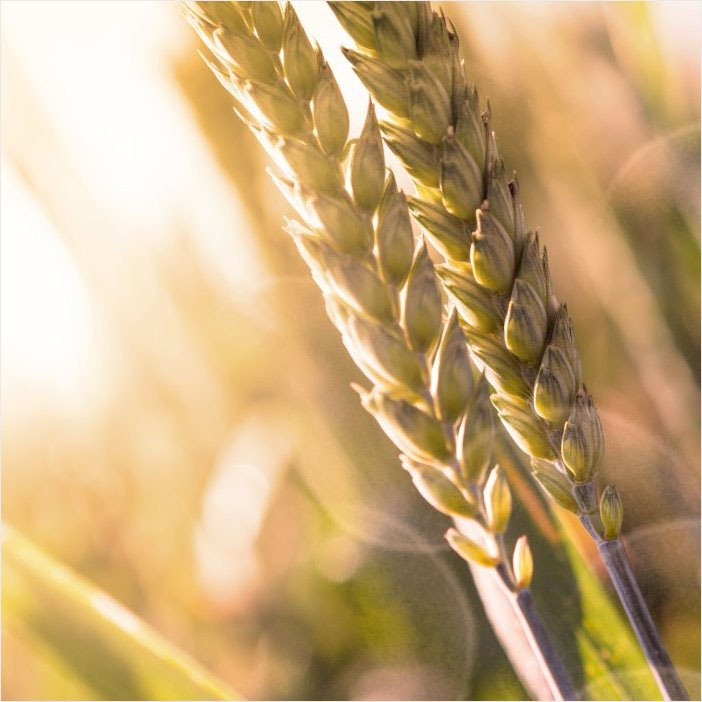
Bayer and the Chinese Academy of Agricultural Sciences (CAAS) have signed a research collaboration agreement focused on improving wheat yields.
Working together and building on their respective innovation expertise, the two parties plan to enhance agricultural sustainability and help meet the challenges of producing sufficient food for a growing world population.
The goal of the research collaboration is to better understand the genetic factors determining grain yield in wheat.
The collaboration will provide an opportunity for CAAS members to gain more insights into research at Bayer via short-term placements and regular visits to the scientists working at the Bayer Innovation Center in Ghent, Belgium.
Bayer already has a well-established and close partnership with CAAS in various areas of agricultural research.

During a meeting last year, Dr. Adrian Percy, Head of Research and Development at the Crop Science Division of Bayer, and Dr. Kongming Wu, Vice President of CAAS, extended the existing Memorandum of Understanding between the two parties.
The research project in wheat is part of this framework and will further strengthen the relationship.
"Productivity in wheat is currently increasing at a rate of less than one percent annually, while demand for wheat is growing twice as fast, a situation that is being exacerbated by climate change.
"We need to increase yields by using improved seeds, and the collaboration with CAAS will help both parties develop them," said Catherine Feuillet, Global Head of Trait Research at the Crop Science Division.
'Global collaboration important and necessary'
Professor Chun-Ming Liu, Director General of the Institute of Crop Sciences, CAAS, added: "Crop genomics provides a good opportunity for genetically dissecting yield, the most important and complex trait in breeding.
"We have entered the door, but there is a long way to go before we fully understand the genes underlying the yield, and their interaction network.
"Therefore, a global collaboration in this area is both important and necessary.
"The joint research program between CAAS and Bayer will for sure be a solid step forward in this field."
Roughly 25% of the world's arable land is used to grow wheat. This makes wheat the cereal with the largest amount of land used for cultivation and one of the most important staple foods in the world.
With a production volume exceeding 700 million tons annually, wheat is the second most widely grown cereal crop after corn.
Major wheat-producing regions include China, Australia, the countries bordering the Black Sea, the EU, India and North America.
